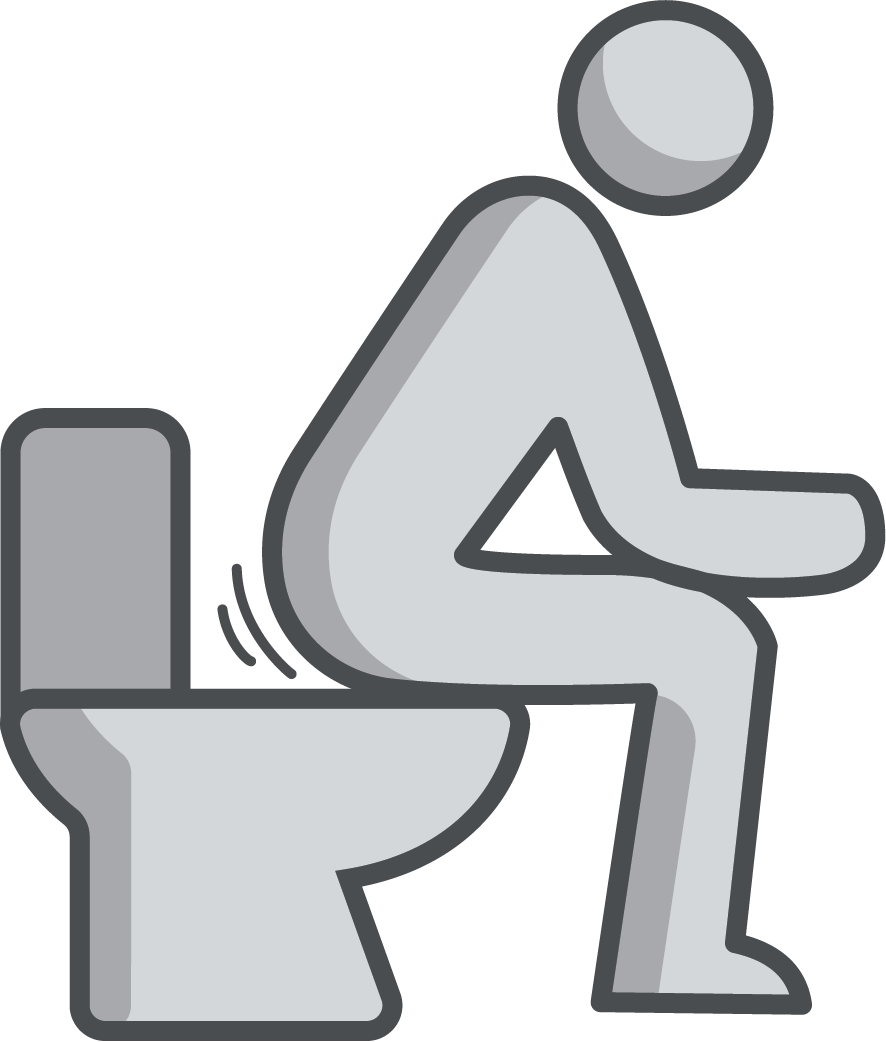Constipation
Conditions

Constipation is a condition where you have trouble having regular bowel movements. It means having fewer than three bowel movements in a week or finding it hard to pass stools. Occasional constipation can happen to anyone due to things like travel, not drinking enough water, lack of exercise, or not eating enough fiber. However, if constipation lasts or keeps coming back, it can affect your daily life and might indicate a more serious health issue.
- Having fewer than three bowel movements a week
- Passing hard stools
- Feeling strained or uncomfortable during bowel movements
- Having a bloated belly and feeling swollen as a result of being backed up
- Thinking you haven't fully emptied your rectum after going to the bathroom
A workup for constipation may include:
- Blood and stool tests
- Imaging (such as Xrays/CT scans)
- Anorectal manometry (to evaluate pelvic muscle function)
- Colonoscopy
- A careful dietary evaluation
For occasional constipation, you can try:
- Eating more fiber
- Staying hydrated
- Using over-the-counter stool softeners or laxatives if needed
If your constipation is ongoing or severe, it's a good idea to see a gastroenterologist. They'll examine your symptoms, do tests if needed, and offer treatment options. Treatment might involve changes to your diet and lifestyle, medications (over-the-counter or prescribed), physical therapy for your pelvic muscles, and sometimes more advanced treatments like endoscopy or surgery.
Remember to note:
- When your constipation started
- How often you have bowel movements
- How your stools look and feel
- If you have trouble emptying your rectum
- Any abdominal pain or discomfort you feel
By addressing constipation properly, you can improve your bowel movements and find relief from any discomfort it's causing.
